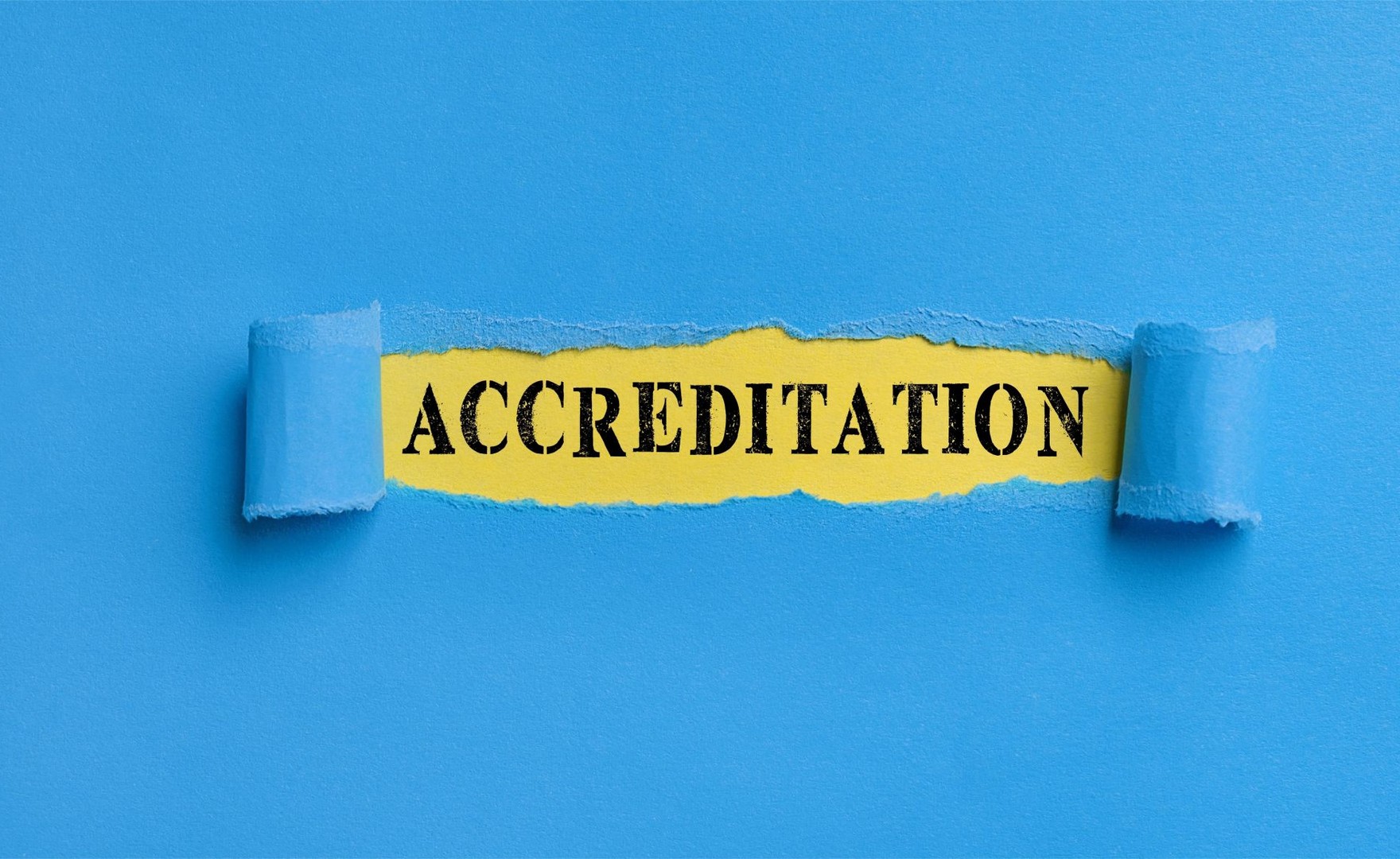If you would like to discover more about coaching and training as a coach, do come along to one of our free upcoming virtual open events or webinars.
Understanding ICF Level 1 & Level 2 accreditation, and CCEs
31st July by Lee Robertson
Reading time 2 minutes

Aspiring executive coaches often aim to earn official credentials from the International Coaching Federation (ICF). With the ICF recently updating its coach training programme accreditation, we explore the key differences between its new Level 1 and Level 2 accreditations, as well as the existing Continuing Coach Education (CCE). We also explain how these align with the ICF’s Associate Certified Coach (ACC), Professional Certified Coach (PCC), and Master Certified Coach (MCC) credentials.
What is the International Coaching Federation (ICF)?
The ICF is a globally recognised organisation dedicated to advancing the coaching profession. It provides accreditation for coaching training programmes and credentials for individual coaches, ensuring high standards of professionalism and effectiveness in coaching.
ICF credentials: ACC, PCC, and MCC
An ICF Credential is a certification that shows a coach has met specific standards to develop and refine their coaching skills. The ICF offers three levels of credentialing:
- Associate Certified Coach (ACC): This entry-level credential shows a coach’s commitment to education and basic proficiency.
- Professional Certified Coach (PCC): This mid-level credential reflects deeper understanding and experience in coaching.
- Master Certified Coach (MCC): The ICF’s highest credential signifies extensive experience and mastery of coaching skills.
Coach education accreditation explained
ICF Coaching Education offers five types of accreditation for coaching education programmes and organisations. Each has its own set of requirements and is a designated pathway to earning an ICF Credential or certification. Here we look at Level 1, Level 2 and Continuing Coach Education (CCE) in more detail.
Level 1 accreditation
ICF Level 1 accreditation is ideal for beginner coaches and aligns with the ACC credential. Level 1 programmes, such as the AoEC’s Practitioner Diploma in Executive Coaching, provide a strong foundation. These programmes help aspiring coaches gain the skills needed to start their professional journey and apply for the ACC credential if they meet the requirements.
Key aspects of Level 1 programmes include at least 60 hours of coach-specific training and a minimum of 10 hours of mentor coaching over three months. The training focuses on ICF Core Competencies to ensure foundational skills and knowledge and includes performance evaluations through recordings and assessments by qualified ICF assessors.
Level 2 accreditation
ICF Level 2 accreditation is designed for more experienced coaches and aligns with the PCC credential. Level 2 programmes like the AoEC's Professional Practitioner Diploma in Executive Coaching aim to deepen coaching knowledge and skills, making them suitable for coaches working towards the PCC credential.
Key components of Level 2 programmes include at least 125 hours of coach-specific training and a minimum of 10 hours of mentor coaching over three months. The focus is on advanced coaching competencies, preparing coaches for more complex scenarios. Like Level 1, it also includes rigorous performance evaluations, often through recorded sessions and assessments by qualified ICF assessors.
Continuing Coach Education (CCE)
Continuing Coach Education (CCE) programmes, such as AoEC's Systemic Team Coaching® Certificate, are for coaches investing in ongoing professional development rather than initial credentialing. CCE units are awarded in two categories:
- Core Competencies: Advanced training in coaching skills related to the ICF Core Competencies.
- Resource Development: Training in complementary skills such as business or personal development.
CCE units are vital for renewing credentials at all levels (ACC, PCC, MCC) and for those who want to stay updated with new coaching techniques and methodologies.
Choosing the right ICF accreditation level depends on where you are in your coaching journey. By understanding these distinctions, aspiring executive coaches can make informed decisions about their training paths, leading to a successful and impactful coaching career.
Article
From competing priorities to cultural shift: making space for coaching in L&D
5th January 2026 by Lee Robertson
Organisations today face constant pressure to deliver more with less. Learning and development teams juggle multiple priorities - technical training,…
Interview
Practitioner Diploma / “I found the approach combined rigour with warmth and compassion”
16th December 2025 by Lee Robertson
With a career rooted in drama therapy and over 25 years designing experiential learning for leading consultancies, Alison Seddon made…
Article
Existential coaching: A coaching model for uncertain times
16th December 2025 by John Gray
What if you knew there was a coaching model which is supremely comfortable amidst themes of complexity, uncertainty and concern.